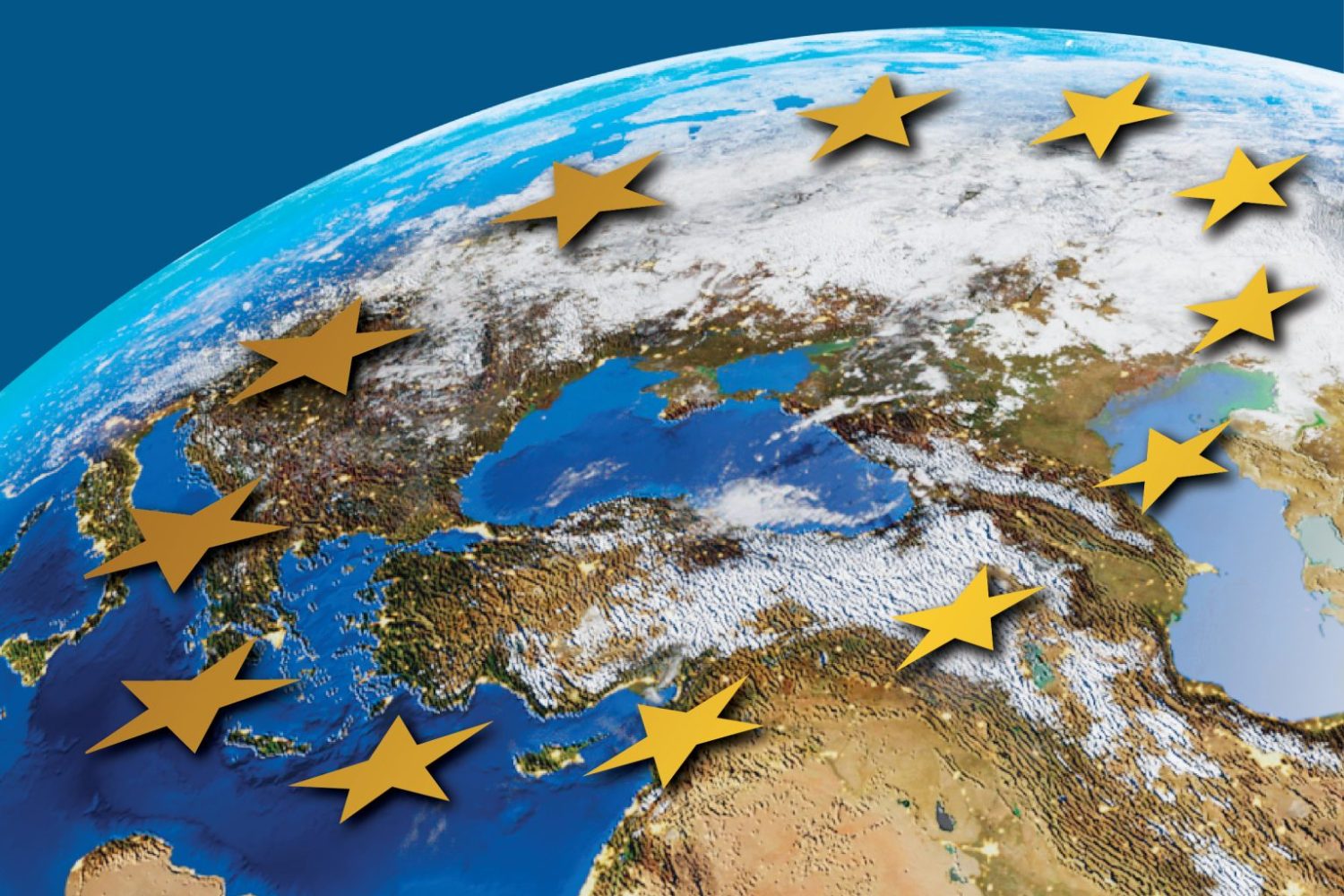2023-11-14 13:25:17

Dr. Laure Delcour
Associate Professor of International Relations and EU Studies, University Sorbonne Nouvelle (Paris)
For the European Union, the Black Sea region is strategically significant as it connects Europe to the Caucasus, Central Asia and the Middle East, making it a key geopolitical, trade and energy crossroads. However, the EU has thus far fallen short of translating the Black Sea region’s geopolitical importance into effective policies. This is because of internal and external factors, which are tightly intertwined: the lack of a strategic EU vision for and sustained political commitment to the region, and the sharp deterioration around the Black Sea region primarily due to Russia’s aggressive actions. In this increasingly volatile, militarised and threatening environment, the EU appears strongly constrained. This is not only because its hard security capabilities remain limited but also because its policies in the region have long been fragmented across di erent frameworks, lacking an overarching strategy. And yet, even though Russia’s war in Ukraine questions the European security order and Russia’s actions have destabilising effects across the region, there is space for the EU to actively engage with a number of players around the Black Sea and contribute to stabilising the region by harnessing political, socio-economic, environmental and security tools in a renewed strategic vision.
Keywords: European Union, Black Sea, Caucasus, security, conflicts, Russia, Ukraine




